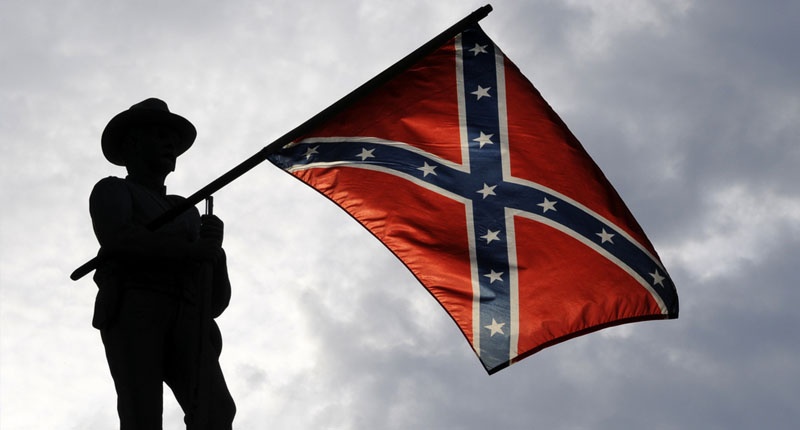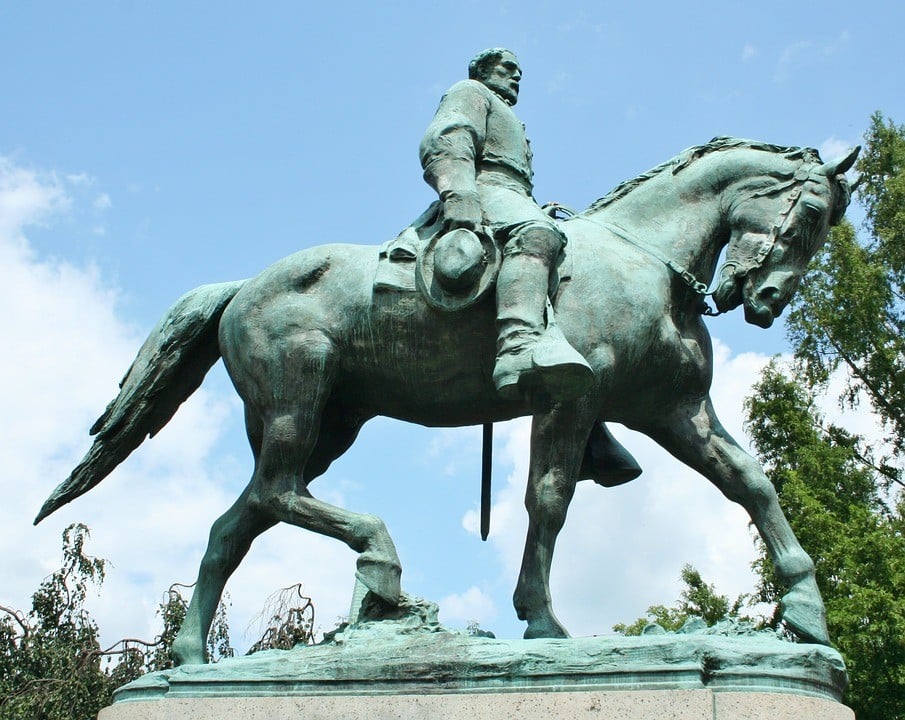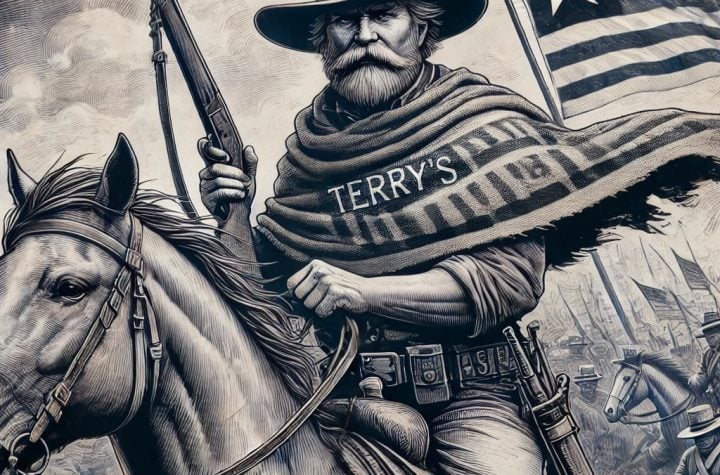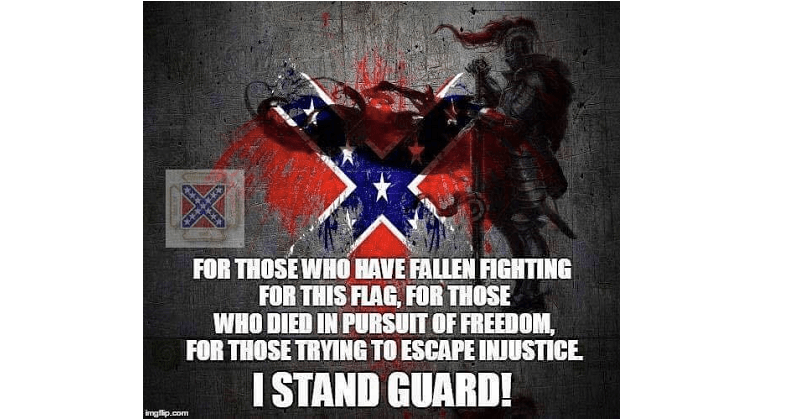
Why Flags Stir Controversy: A Deep Dive into Symbolism and Free Speech
Introduction
In the vast tapestry of human culture, symbols and flags have long served as potent emblems of identity, belief, and unity. Yet, these same symbols often become focal points of controversy, clashing ideologies, and heated debate. This paradox lies at the heart of why discussions around flags—especially those tied to contentious historical contexts—can elicit strong reactions across the political spectrum. The debate over certain flags and symbols, such as the Confederate flag, is more than a matter of aesthetics; it is deeply interwoven with issues of free speech, historical interpretation, and the dynamics of tolerance versus intolerance in a pluralistic society.
At the core of this discourse is a fundamental question: What happens when the freedoms we cherish, like the freedom of speech, confront symbols that some view as divisive or harmful? This question invites us to explore the nuanced battleground where expressions of identity and the principles of tolerance intersect, often contentiously. It’s a space where historical legacies, personal freedoms, and the collective societal values meet, challenging us to reflect on the kind of community we aspire to be. Through this exploration, we can begin to understand the intricate dance between upholding freedom of speech and navigating the complex legacy of historical symbols.
Key Takeaways
- Freedom of Speech: Central to the controversy surrounding flags is the principle of freedom of speech, highlighting the tension between upholding this right and addressing the impact of symbols with divisive histories.
- Symbolic Power: Flags carry profound symbolic weight, serving as markers of identity, belief, and unity, yet also as potential sources of division and contention.
- Historical Context: Understanding the historical context and legacy of certain flags, like the Confederate flag, is crucial in navigating the debates surrounding them.
- Tolerance vs. Intolerance: The debate often reflects broader societal struggles between tolerance and intolerance, challenging us to consider the limits of acceptance and the importance of diversity.
- Cultural Interpretation: How we interpret and respond to symbols is influenced by our cultural background, personal experiences, and societal values, underscoring the subjective nature of symbolism.
The Evolution of Symbolism in Political Discourse
Symbols and flags have always been a fundamental part of human societies, serving as a means of communication, identification, and expression of collective ideals. In the realm of political discourse, symbols act as shorthand for complex ideologies and movements, encapsulating the essence of a group’s values and objectives. This section delves into the historical significance of symbols in political movements, examining how they evolve and the role they play in shaping public perception and discourse.
The Power of Symbols
Symbols hold an inherent power to evoke emotions, rally support, and forge a sense of community among individuals. This power stems from their ability to communicate complex ideas succinctly and emotively. For instance, the Gadsden flag, with its potent message of “Don’t Tread on Me,” became a rallying cry for American independence, embodying the spirit of liberty and resistance against oppression. Similarly, political movements today continue to adopt symbols that resonate with their core messages, leveraging their symbolic power to unite followers and articulate their cause.
Symbols as Tools of Influence
The strategic use of symbols in political discourse cannot be understated. By encapsulating the ideals and grievances of a movement, symbols can effectively mobilize support and draw attention to a cause. However, this also means that symbols can be co-opted or misinterpreted, leading to controversy and conflict. The manipulation of symbols for political ends highlights the delicate balance between expression and interpretation, where the original meaning of a symbol can be overshadowed by its political appropriation.
The Double-Edged Sword of Symbolism
While symbols can serve as powerful tools for unity and expression, they can also become sources of division and controversy. The interpretation of symbols is highly subjective, influenced by historical context, personal experiences, and societal norms. This subjectivity means that what one group views as a symbol of heritage and pride, another may see as a representation of oppression and exclusion. The debate over the Confederate flag exemplifies this tension, revealing how symbols can become battlegrounds for broader societal conflicts over history, identity, and values.
Conclusion
The discourse surrounding flags and symbols is a mirror reflecting the complexities of societal values, historical interpretation, and the boundaries of free expression. These debates challenge us to confront uncomfortable truths about our past and present, urging a deeper reflection on the principles of tolerance, diversity, and mutual respect that underpin a cohesive society. In navigating these turbulent waters, it is essential to engage in open, constructive dialogue, seeking to understand the diverse perspectives that shape our collective experience.
As we move forward, let us remember the words of Mark Twain, who cautions against the futility of arguing with those unwilling to engage in reasoned discourse. Instead, focusing on fostering an environment where diverse voices can be heard and respected is crucial. By doing so, we not only honor the spirit of free speech but also contribute to the ongoing project of building a more inclusive and understanding community.
FAQs
Why do symbols, particularly flags, evoke such strong emotions? Symbols and flags often carry deep historical, cultural, and personal significance, acting as vessels for collective identity and memory. Their power to evoke strong emotions stems from their ability to symbolize complex ideas, beliefs, and experiences, making them potent tools for expression and identification.
Can the meaning of a symbol change over time? Yes, the meaning of symbols can evolve due to changes in societal values, historical reinterpretations, and shifts in the contexts in which they are used. This fluidity is what makes symbols both powerful and contentious, as different groups may contest their meaning and significance.
How can society balance freedom of speech with the potential harm caused by certain symbols? Balancing freedom of speech with the harm caused by certain symbols requires a nuanced approach that considers the context of expression, the intent behind using the symbol, and the impact on affected communities. Open dialogue, education, and a commitment to understanding diverse perspectives are key to navigating these challenges.
Is it possible to reclaim or redefine a controversial symbol? Reclaiming or redefining a controversial symbol is challenging but possible through concerted efforts by communities to reshape its narrative and meaning. This process often involves addressing the symbol’s historical baggage, recontextualizing its use, and promoting new interpretations that reflect current values and aspirations.






Liberalism is to a nation what ebola is to the human body.
well said my man
ignorantly spoken
Obviously doesn’t know the definition of Liberal. Please don’t comment if you don’t know the word
Obviously you don’t seem to understand that “liberalism” is a mental disorder. smh
Conservatism is a real mental disorder where the brain is too small to rationalize even the simplest of truths. [roll eyes]